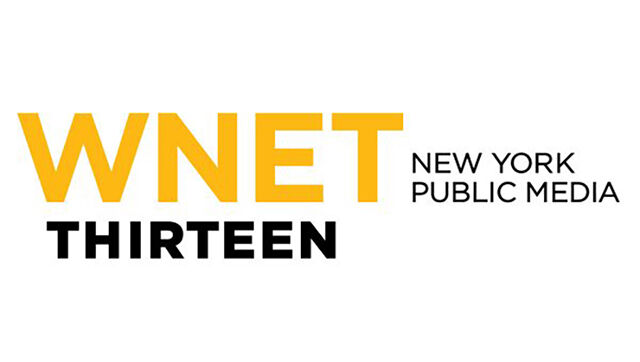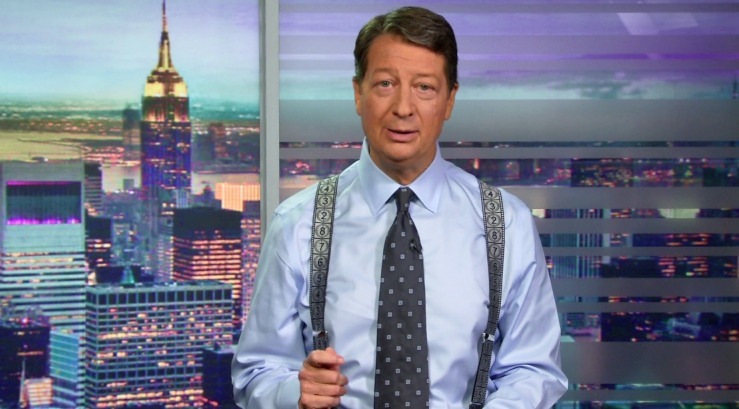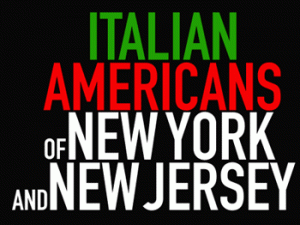Instead of lengthy pledge periods, WNET gives back primetime to THIRTEEN viewers (1 of 2)

Instead of lengthy pledge periods, WNET gives back primetime to THIRTEEN viewers
From “pledging the core” (WSKG) to asking viewers to “support what they love” (WHRO), PBS stations across the country have been experimenting with alternatives to the weeks-long, on-air pledge drives that have traditionally been the center of fundraising efforts.
One of the most prominent innovators has been WNET, the member station behind THIRTEEN in the New York City area. Starting in early July, the influential station began testing a new approach to fundraising (previous post), abandoning quarterly pledge drives altogether and replacing those hours with entertaining Thursday-night and Saturday-afternoon specialty programming.
In a promo that aired in September, Neal Shapiro, WNET’s president and CEO, called the approach “a big, bold idea” in which THIRTEEN was “giving back weeks of primetime hours to enjoy your favorite programs—without pledge interruption.” In return, the station simply asked viewers to become members or renew their support.

We wanted to try something different,” says Shapiro. “You don’t have to be a genius to realize that, over the long term, people are buying fewer and fewer DVDs. We need a different way to appeal to people.” He says long pledge periods had become a constant interruption to the viewing schedule, with ratings increasing week by week until “pledge happens, and they drop.” He and his team wanted to find a way to raise money that aligned more closely with the mission of the station, as well as with the changing face of media consumption.
But WNET didn’t want to abandon on-air fundraising altogether. “We still see on-air fundraising as a very good method to touch base with our viewers and ask them for their support,” says Kent Steele, executive director of broadcasting. “It won’t go away, but we’re trying to modify it a little bit.”
What does that modification look like? WNET set aside the successive two-week pledge campaigns and focused on a less-is-more approach. “If you look at the PBS schedule, Thursday night is the only local night other than Saturday,” explains Steele, who says Thursday had always been a successful fundraising night for WNET anyway. The station began broadcasting fundraising specials between 9 and 11 p.m. every Thursday on THIRTEEN, with additional specials on Saturday afternoons and some overnights.
The Thursday specials have included popular programming from the past as well as the local programming at which WNET excels. For instance, over the summer, THIRTEEN aired music specials about the Bee Gees, Glen Campbell, and Enrico Caruso on Thursdays.In mid-November, it broadcast “Italian-Americans of New York and New Jersey.”

Alongside these specials, THIRTEEN began airing short promos around the primetime programming, like this one in which Norman Lear introduces “Just Another Version of You” and asks viewers to become members of the station: Watch for two spots – an open and a close.
With the first fiscal quarter behind them, WNET’s year-long experiment has seen positive results. “So far, the signs are promising,” Shapiro says. “Right now, membership seems to be good, but over the long haul we’ll see what the implications are.”
The fundraising numbers are also close, reports Steele. “We’re happy with that. We will carry through for the full fiscal year and keep evaluating as we go.”
One thing that has definitely improved is the audience response. “It’s been very nice to get a lot of complimentary emails from people who really seem to be responding to the change,” Shapiro says. “Many people say, ‘We love this. Keep doing it. We think it’s great.’ Some have said, ‘I’m increasing my donation.’”
Despite these early wins, Shapiro is more interested in changing his viewers’ long-term behavior. “For years and years we’ve told people how to support us,” he says. “I still meet people who say ‘I supported you two years ago when you had this great Carol Burnett DVD.’ I said, ‘What do you do in the years when we don’t have a great Carol Burnett DVD?’ They say with some chagrin, ‘I guess I’m not supporting you those years.’”
With the new strategy, Shapiro, Steele, and the rest of WNET want to end that kind of transactional thinking. “It’s trying to persuade people they should support us each and every year,” says Shapiro. “That’s not going to happen overnight.”
Click here to read how WNET convinced their Board to “jump on board”. : Convincing the Board: Behind The Scenes of WNET’s innovative fundraising strategy.
Questions? Contact Tracy Ferrier with PBS Development Services at tbferrier@pbs.org or 703-739-5065 or Kellie Specter, Senior Director, Communications & Marketing with WNET at specter@wnet.org
